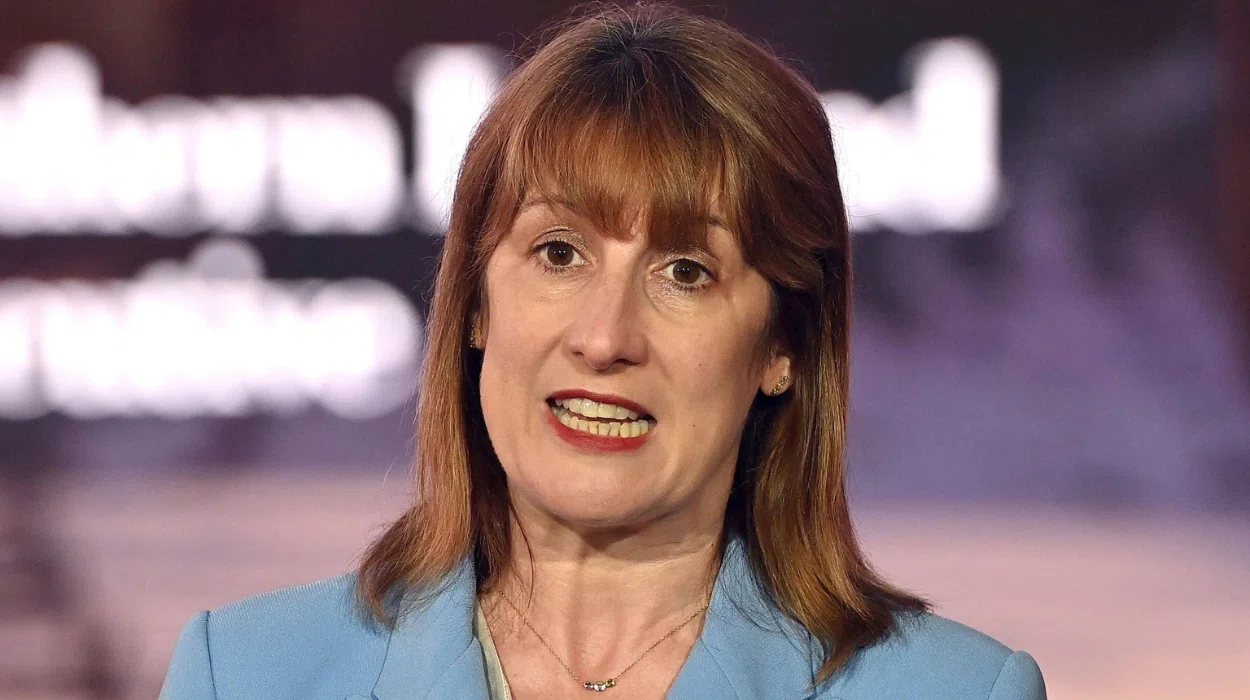UK (Parliament Politics Magazine) – Chancellor Rachel Reeves drops pledge to protect homes from council tax, hinting at new property levies to cover £50bn gap.
As reported by The Telegraph, Rachel Reeves declined to reaffirm her pre-election pledge not to burden middle-class households with higher council tax.
The party’s frontbenchers dismissed council tax changes, including revaluations or higher rates for valuable properties.
Why Rachel Reeves may revise council tax pledge amid funding gap?
The Treasury refused to support the council tax pledge on Saturday, highlighting the Chancellor’s aim to keep working people’s taxes low.
Speculation grows that Ms Reeves may introduce new property taxes to tackle the mounting public finance shortfall.
Just two weeks before last year’s election, Labour firmly ruled out any changes to council tax bands.
At the time, Ms Reeves, as shadow chancellor, told the Financial Times she would not focus her political energy on revaluing the bands.
Jonathan Ashworth, then shadow paymaster general, promised there would be no changes to council tax bands.
When asked if his remarks were a promise to voters, he said,
“Rachel Reeves says it in the Financial Times today.”
The Treasury’s silence suggests the Chancellor is no longer standing by the previously made commitment. According to insiders, she will review property taxes as part of wider plans to boost economic growth.
What impact would new property bands have on homeowners and revenue?
The top council tax band, set at £320,000, has faced backlash for relying on outdated 1991 property values. Families in the North and Midlands face a higher relative council tax due to slower house price growth.
Wales, under Labour, has proposed a revaluation and new council tax bands for higher-value homes, though the plans have been delayed. The SNP has increased council tax for higher-value properties compared to less expensive houses and flats.
According to the Institute for Fiscal Studies, councils in England could collect an extra £1.5bn a year if Ms Reeves followed that example. If Ms Reeves raised rates for higher bands by 50%, councils could generate an additional £3.5bn.
Officials say the Treasury could recover the money by providing less generous central funding to local authorities. Data shows that raising council tax on F, G, and H bands would hit over a million homes in England and Wales.
According to HMRC insiders, adding new bands in England would be a complex process, potentially taking a year to implement. Forecasts show council tax will raise £50bn, and increasing it remains one of the few major revenue options for the Chancellor.
Downing Street confirmed that Ms Reeves will maintain her promise not to raise income tax, VAT, or employee National Insurance.
Labour’s manifesto pledged to keep corporation tax at 25% and officials say employer National Insurance is unlikely to be raised. The Chancellor faces an estimated £50bn gap in public finances amid rising borrowing and sluggish growth.
What did the Treasury say about protecting taxes for working people?
A Treasury spokesman stated,
“As set out in the Plan for Change, the best way to strengthen public finances is by growing the economy – which is our focus.”
They said,
“Changes to tax and spend policy are not the only ways of doing this, as seen with our planning reforms, which are expected to grow the economy by £6.8bn and cut borrowing by £3.4bn.”
They added,
“We are committed to keeping taxes for working people as low as possible, which is why at last autumn’s Budget, we protected working people’s payslips and kept our promise not to raise the basic, higher or additional rates of income tax, employee National Insurance, or VAT.”
What did Paul Johnson say about Rachel Reeves’s mansion tax plans?
Paul Johnson, former IFS director, has warned that Rachel Reeves’s plan for a “mansion tax” on high-value properties is impractical and could cost the Treasury money.
He said,
“I think there are all sorts of practical problems with it. It would gum up the housing market at the top end hopelessly. So I think, personally, it’s a non-runner. I think it would be very hard to design in a way that would raise significant money, and indeed, it could lose the Treasury money. Because, you know, you could lose the money you’re currently getting in stamp duty. I just can’t believe that they’re considering it. I’m staggered that they’re flying this flag. It, to me, makes no sense.”
Mr Johnson added that council tax was “far too low on expensive properties,” while stamp duty is a “disaster area.” Though he stated that
“talking about [levying] capital gains tax when you’ve still got stamp duty would clearly be hopeless. You need to think about these in conjunction with one another. It’s just not sensible in any world to be talking about these things individually.”
Key facts about the mansion tax
Mansion tax targets high-value homes to raise revenue. Rates vary by region, like Washington’s 7% on gains over $250K.
Some regions use alternatives instead of a direct tax. Ireland’s Local Property Tax scales with home value. It mainly affects luxury property owners.

